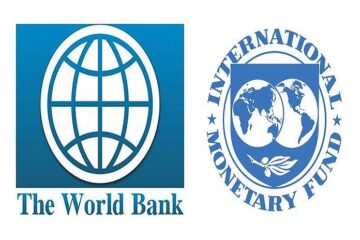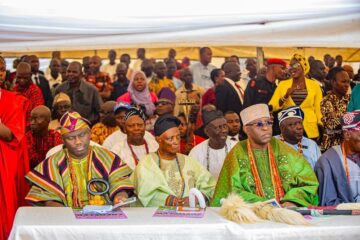
The Managing Director and Chief Executive Officer of Nigerian Breweries Plc, Hans Essaadi, has said insecurity, especially the sit-at-home declared in the south-east by the proscribed Indigenous People of Biafra had a negative effect on the company’s 2022 performance.
Essaadi said the organisation’s operations were also affected by the recent currency redesign policy of the Central Bank of Nigeria in the first quarter (Q1) of this year.
The managing director spoke on the sidelines of the company’s recent pre-annual general meeting news conference in Lagos.
The company’s full-year profit-after-tax shrank to N13 billion, from a closing after-tax profit of N18.7 billion in the first half of 2022.
Speaking on the firm’s performance, Essaadi said the sit-at-home order essentially meant that for “almost every Monday in the entire year (2022), there were no movements, and that meant no movements of our trucks” in the south-eastern region.
Consequently, there was “no consumption at the outlets”, he explained.
“The east region, being the biggest region for Nigerian Breweries, that had huge impacts and obviously, we tried to mitigate but consumption happens on a daily basis. If you lose a day in the week, it has a massive effect.
“And although it was a Monday, it still was very significant. And unfortunately until today, we see this continuing. What we hope for [is] post-elections comes with normalisation and that this will start to disappear. But we have had some really big impact as a result,” the CEO said.
On Thursday, the Nigerian Breweries declared a loss of N10.7 billion in Q1 2023, according to its financial statement.
The company’s revenue declined by 10.5 percent from N137.7 billion recorded in Q1 2022, to N123.3 billion in the first three months of 2023.
Also, net finance income and expenses rose by 533.3 percent to N19.3 billion in the 2023 quarter, up from the N3 billion recorded in the same period in 2022.
Commenting on the Q1 result during his presentation at the event, Essaadi said the period “has been extremely difficult”.
He said the naira redesign policy had a huge impact on the organisation’s performance.
“Now, I am sure we are not the only business, we have all been in this market. We have moved from forex scarcity to money scarcity proper.
“You would go outside and you talk to people in the autonomous markets and they say ‘I can give you $1 and euro. I cannot give you naira’. And this has been super unusual,” the managing director said.
Essaadi said the market in which Nigerian Breweries operates is “fragmented, and what that means is there are hundreds of thousands of small outlets and the way they operate is cash only”.
He also noted that Nigeria’s economy, including the informal sector, is based on cash.
“And I think we have all seen what that means. If you trade and you do not have cash, then the whole economy comes to a standstill.
“And that has been tough. And it has also been tough for us. The good thing is that we are slowly coming out of it. But I use lots of caution, because what we do not know in months to come…, we are still in the interim with the new government still to be sworn in on the 29th of May. So, until then, there is an interim period of what will happen next.
“The good news is that, cash is back in the market to some extent.
“It is not where it was before, but it is better, and we are also, therefore, seeing our numbers improving. And we were in dire need of that,” the CEO said.











